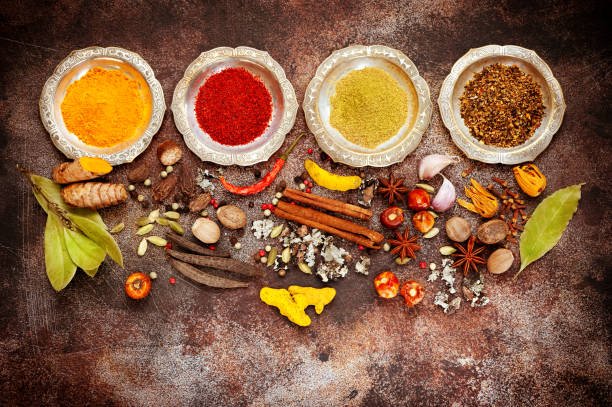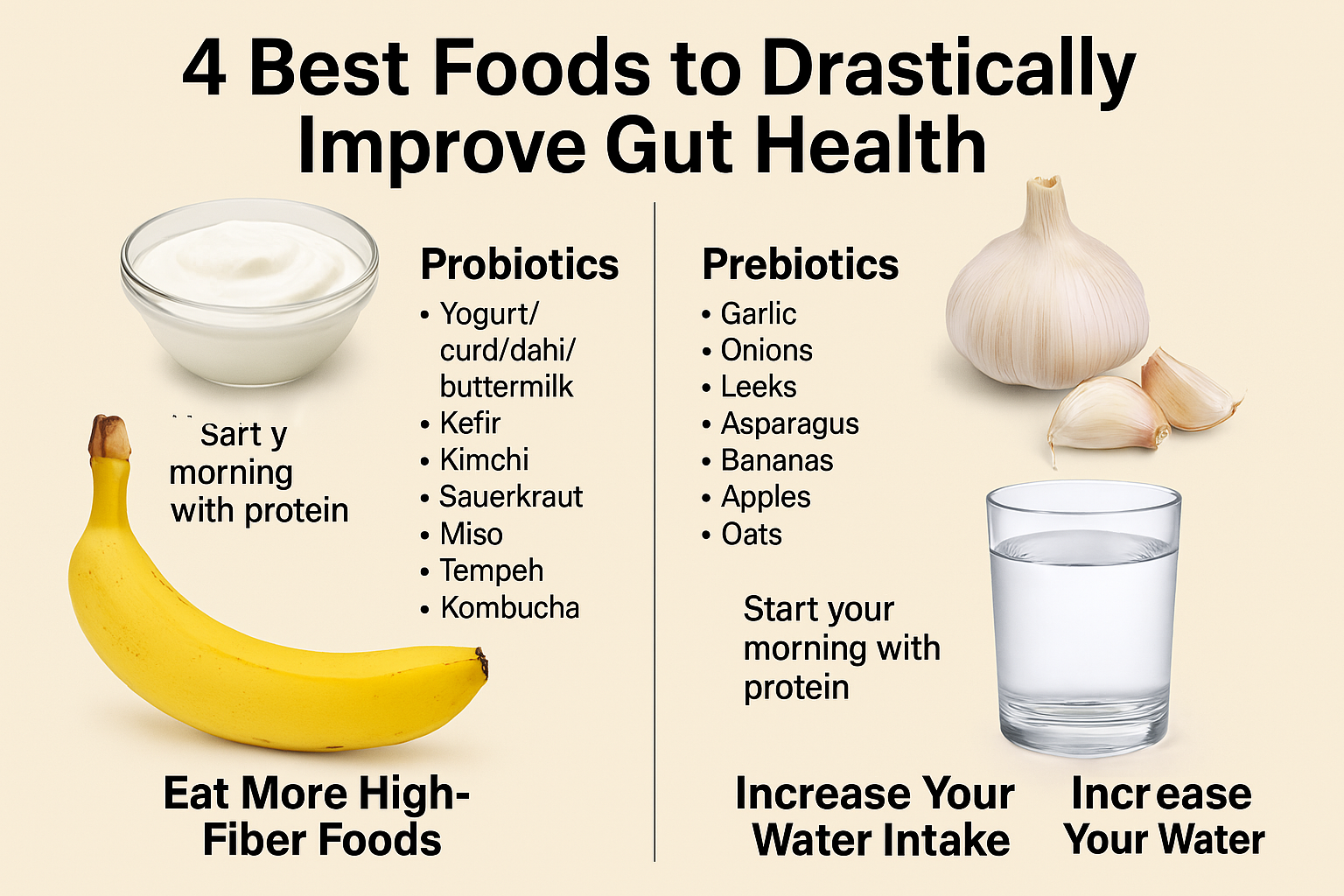How What You Eat Affects Your Mood – Ayurvedic food and mood connection
Discover the food and mood connection through Ayurveda and science. How Indian meals can reduce anxiety, fog, and emotional imbalance.. It wasn’t just the world around me that felt chaotic.
It was inside — my stomach was tight, my thoughts were loud, my emotions unpredictable.
That’s when I asked: What if the food I’m eating is speaking to my mind?
Ayurveda answered with a clear yes.
Food is not just fuel. It’s emotion. Memory. Frequency.
The gut and mind are mirrors. And what you eat directly shapes how you think, feel, and respond to life.
Let’s explore this deep, sacred connection — between food and mood, between your belly and your being.
What Modern Science Says About the Gut-Mind Axis
Science calls it the gut-brain connection — and it’s very real.
Your gut has:
Over 100 million neurons
It produces 90% of your serotonin
It’s connected to your brain via the vagus nerve
So:
Gut inflammation = brain fog
Gut imbalance = anxiety or mood drops
Gut healing = clarity, calm, confidence
What Ayurveda Teaches About Food & Emotions
In Ayurveda, Manas (mind) is directly impacted by:
Ahara (food)
Agni (digestive fire)
Ojas (vitality)
Each food carries a guna (quality) — which either calms or disturbs your mental state.
Satvic Foods
Calm, grounding, nourishing
Moong dal
Ghee
Curd
Cooked vegetables
Fresh herbs
➡️ Increase clarity, compassion, balance
Rajasic Foods
Spicy, agitating, quick
Fried snacks
Extra caffeine
Pickles, heavy masala
➡️ Trigger restlessness, overthinking, heat
Tamasic Foods
Dull, heavy, low-prana
Stale food
Processed sugar
Cold dairy + leftovers
➡️ Cause brain fog, depression, sluggishness
How Food Impacts Mood – Real Examples
1. ⚖️ Skipping Breakfast → Irritability by 11 AM
Your blood sugar dips, cortisol rises = stress + short fuse
Fix: High-protein breakfast like chilla + chutney or curd + banana + seed powder
2. 💨 Gas/Bloating → Anxiety in the Chest
Vata imbalance causes emotional instability + gut spasms
Fix: Cumin-fennel tea, warm khichdi, ginger water
3. 🔥 Spicy Meals at Night → Overthinking & Poor Sleep
Excess heat disturbs the mind + inflames the liver
Fix: Buttermilk with ginger, sweet potato mash, triphala tea
4. 🍬 Too Much Sugar → Mood Crash Later
Quick serotonin spike → dopamine drop → sadness, fatigue
Fix: Banana with ghee + cinnamon or protein-rich laddoo
5. 🧊 Cold Smoothies → Foggy Head, Constipation, Heaviness
Cold slows digestion + disrupts gut bacteria
Fix: Warm stewed fruit, herbal teas, hot dal soup
Food and Mood Connection
Khichdi + Ghee + Mint Chutney
Balances Vata
Nourishes gut + brain
Reduces inflammation
Lauki Sabzi + Red Rice + Fennel Tea
Cooling + light
Perfect for PMS or anxiety flares
Supports liver + mood regulation
Herbal Teas (Fennel, Tulsi, Ginger)
Calm nervous system
Reduce cortisol
Soothe anxious digestion
Curd + Cumin + Rock Salt
Probiotic + electrolyte boost
Great for mental fatigue + gut reset
Avoid at night
Ghee Laddoo with Seeds
Omega-3s + satvic sweetness
Regulates blood sugar
Soothes emotional cravings
My Personal Food-Mood Rituals
| Mood | What I Eat |
|---|---|
| Foggy | Fennel tea + banana seed bowl |
| Anxious | Khichdi + ghee + curry leaves |
| Burned out | Ghee laddoo + ginger water |
| Overthinking | Triphala at night + sweet potato |
| Low during PMS | Curd bowl with cumin + pink salt |
This isn’t about rules.
It’s about listening.
Your body speaks through hunger, mood, and energy. This is how food and mood connection is happening to our lives .
You may also like this vegan recipe –Banana Donut Holes
Frequently Asked Questions
How does food affect mood?
Foods rich in omega‑3s, complex carbs, vitamins, and minerals support neurotransmitters like serotonin and dopamine, which play key roles in mood regulation and emotional well‑being.
Which foods can help boost my mood naturally?
Include options like fatty fish (salmon, mackerel), nuts and seeds (walnuts, flax, chia), dark chocolate, berries, leafy greens, whole grains, and probiotic‑rich foods.
Can changing my diet really improve my mental health?
Yes—research shows that balanced, nutrient-dense diets can reduce symptoms of anxiety and depression, improve clarity and energy, and support long-term mental resilience.




